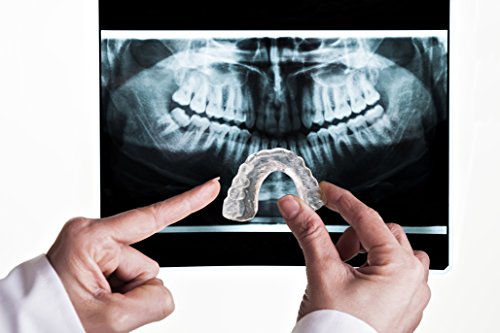Many people clench and grind their teeth occasionally. This usually does not cause harm, but if Bruxism occurs on a regular basis, your teeth can be damaged, and other oral health problems can develop.
Signs and Symptoms
Signs and symptoms of Bruxism may include:
- Loud clenching or grinding.
- Loose, chipped, flattened, or fractured teeth.
- Jaw or face pain and/or soreness.
- Earache.
- Increased tooth sensitivity.
- Damage from chewing on the inside of your cheek.
If you notice that you, or your child has any of these symptoms, be sure to schedule an appointment with you dentist to diagnose the problem.
Treatment Options
Your dentist can fit you with a mouth guard to wear while you sleep. If you believe your Bruxism is stress-induced, talk to your dentist about it. He or she may recommend stress counseling, a physical therapy program, an exercise program, or prescribe some muscle relaxants. If you are suffering from a sleep disorder, he or she may refer you to a sleep specialist.
Other Tips
Some alternative ways to help with Bruxism are:
- If you notice clenching or grinding during the day, place the tip of your tongue between your teeth to train your jaw muscles to relax.
- Hold a warm washcloth against your check, in front of your earlobe, to relax your jaw muscles.
Here are some things to avoid to reduce the effects of Bruxism:
- Reduce consumption of food or drinks that contain caffeine.
- Avoid alcohol.
- Do not chew on pens or pencils.
- Do not chew gum.
Because Bruxism usually occurs during sleep, many people do not know about it unless a sleep partner tells them. However, a sore jaw or dull, constant headache when you awake are definite signs of Bruxism. If you notice these or any of the symptoms mentioned above, be sure to schedule an appointment with your dentist to avoid any further damage.

